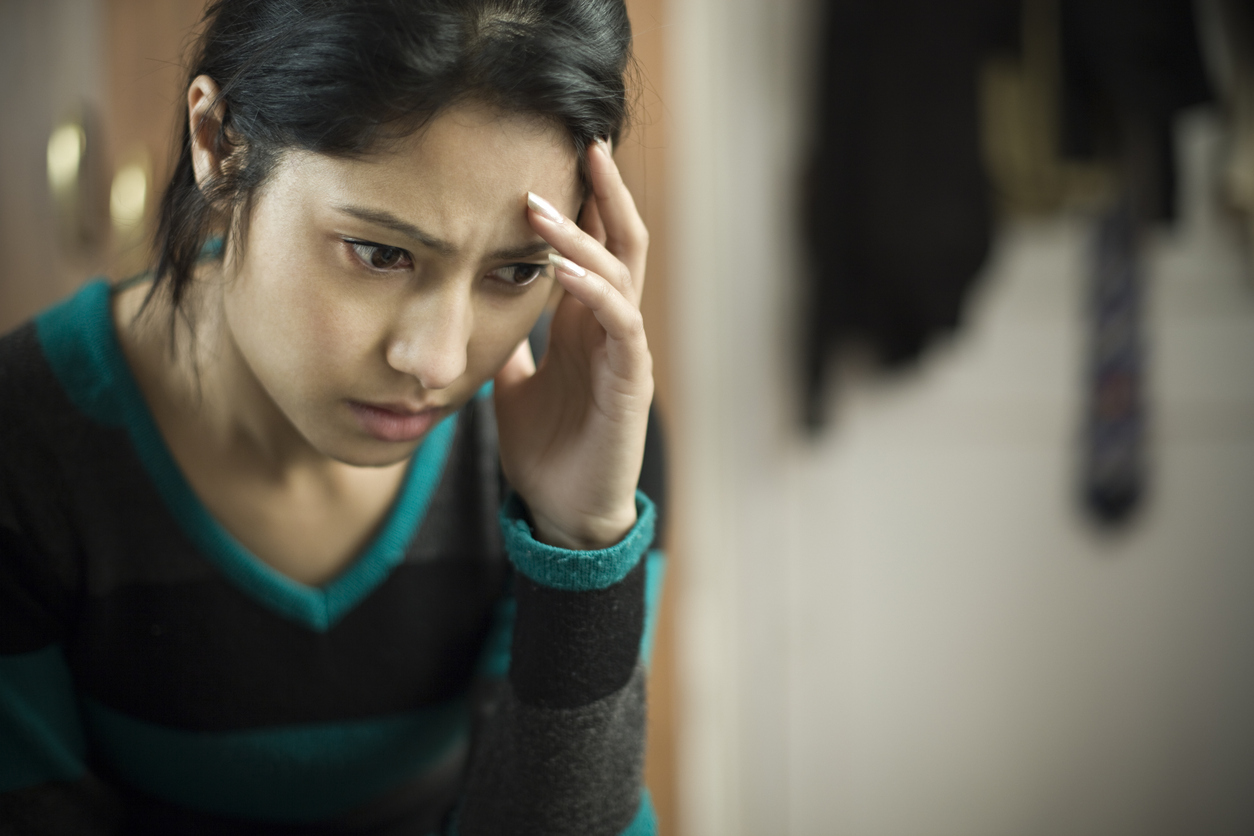Human beings are by nature social animals, Aristotle once said. But when most of humanity is required to practice social distance from or isolation, what’s nature’s way of coping from being deprived of that social need?
Psychologists say social distancing can take a toll on mental health.
Based on research, people who are asked to stay at home due to illness or exposure or active community spread due to epidemic usually experience fear or anxiety about oneself or family members being infected or spreading to others; depression and boredom as daily routines become disrupted; frustration, anger or irritability towards those who ordered your isolation or to people’s negligence and making you exposed to the virus; and stigmatization.
Older adults, people who already have a pre-existing mental health problem, as well as those in the frontline in the fight against COVID-19 may also experience a higher level of psychological distress especially when they are quarantined.
Relationship experts likewise expect an increase in divorce rates after the COVID-19 dust settles. In China, requests for divorce have increased in cities where the lockdown was imposed.
“The explanation is that when couples are forced to spend so much time together, the stress can be overwhelming for the marriage,” Dr. Michael Tan, a medical anthropologist wrote in his column at the Philippine Daily Inquirer.
Social distancing would be more challenging to Filipinos as compared to other Westerners, Tan said.
“We’re like the Chinese, who use the term re nao, ‘hot and noisy,’ to mean joy and camaraderie. Westerners see a crowd and say, ‘Let’s leave, too many people’; we see crowds and we go, ‘Masaya, let’s go see what’s happening.’” Tan explained.
Tan reminds Filipinos to take care of mental health too, as depression could lead to stress which then would compromise the immune system and eventually become more susceptible to be infected with COVID-19.
How to improve your mental health during coronavirus lockdown? Here are the tips from the Psychological Association of the Philippines.
1. Limit your exposure to news and social media to only specific hours or times of the day.
2. Do your best to adopt a regular routine at home or at work (for essential services).
3. Maintain good health and increase your resistance to illness by eating nutritious food, staying well-hydrated, sleeping at least 6 hours a night, and exercising regularly.
4. Set aside time to do things that you enjoy like watching your favorite show or engaging in hobbies.
5. Stay connected to others and to valued social groups by using phones, video call to check in on each other and share emotional support.
6. Practice empathy and compassion and find ways to contribute or assist those who need the most in this crisis like buying basic needs for persons who are living alone, elderly or disabled, providing medical supplies and personal protective gear to health workers and hospitals.
7. Reach out to a trusted friend or seek additional support from mental/ health services in your area if you are finding very difficult to cope. However, psychologists are being discouraged now to do face-to-face interventions so assistance may only be online or through teleconference.
In any tragedy, remember that we have been through the worst. As one Facebook meme wraps it, “COVID ka lang, Pilipino kami.”




